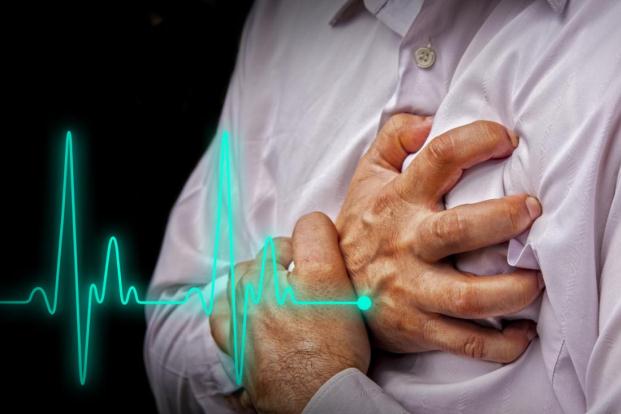Categories
- Bariatric Surgery (11)
- Black Fungus (5)
- Bone Marrow transplant (3)
- Brain Tumor Surgery Navigation Technology (20)
- Cardiac Surgery (66)
- Cardiology (97)
- Computer navigation technology for joint replacements (20)
- Covid Vaccination (17)
- Critical Care (2)
- Dental (19)
- Dermatology (31)
- Dialysis Support Group - “UTSAAH” (11)
- Dietitian (33)
- Emergency Medicine (4)
- Emotional Health (11)
- Endocrinology (33)
- ENT (20)
- Gastroenterology and GI Surgery (53)
- General and Laparoscopic Surgery (21)
- General Surgery (4)
- Gynecology & Obstetrics (183)
- Hematology (20)
- Internal Medicine (294)
- Kidney Transplant (50)
- Kidney Transplantation (20)
- Lung Cancer (8)
- Minimal Invasive Surgery (1)
- Mother & Child (20)
- mucormycosis (5)
- Nephrology (61)
- Neurology (147)
- Neurosurgery (68)
- Nutrition and Dietetics (107)
- Omicron Variant (1)
- Oncology (288)
- Ophthalmology (10)
- Orthopaedics & Joint Replacement (86)
- Paediatrics (59)
- Pediatric Nephrology (3)
- Physiotherapy (5)
- Plastic & Reconstructive Surgery (6)
- Psychiatry and Psychology (90)
- Psychologist (28)
- Pulmonology (72)
- Rheumatology (13)
- Spine Services (21)
- Transradial Angioplasty (16)
- Urology (84)
Query Form
Posted on Apr 19, 2022
Causes & Symptoms Coronary heart disease
Coronary artery disease can be defined as the heart disease caused due to blockage in the arteries – the vessels that carry oxygenated blood and nutrients to all parts of the body. This disease characterized by blockages can include complications if not detected and treated timely. This disease includes the deposition of cholesterol in the arteries in the form of plaques causing inflammation and further heart disease. Coronary heart disease (CHD) is also caused by a build-up of fatty deposits atheroma on the walls of the arteries surrounding the heart coronary arteries. The build-up of atheroma makes the arteries narrower, thereby restricting the flow of blood to the heart muscle. This process is known as atherosclerosis.

Basically, the decreased blood flow may cause chest pain, angina, shortness of breath or other coronary artery disease signs and symptoms. A complete blockage can cause a heart attack.
Symptoms of Coronary Heart Disease:
- Chest pain (angina). Chest Pain can be defined as angina. It basically involves pain in the middle or left side of the chest. Angina is basically triggered by physical or emotional stress.Pain basically goes away within minutes after stopping the stressful activity. In few people, especially in women this pain may be fleeting or sharp and felt in the neck, arm or back.
- Shortness of breath: This is caused when the heart can’t pump enough blood. The patient may develop shortness of breath or extreme fatigue with exertion.
- Heart attack: A completely blocked coronary artery will cause a heart attack. The good signs and symptoms of a heart attack include crushing pressure in your chest and pain in your shoulder or arm, sometimes with shortness of breath and sweating.
Causes of Coronary Heart Disease:
- High cholesterol
Cholesterol is a fat made by the liver from the saturated fat in your diet.
- High blood pressure
High blood pressure hypertension puts a strain on your heart and can lead to CHD.
- Smoking
Smoking plays a major role and risk factor in coronary heart disease.
A high blood sugar level indicates diabetes, which can more than more risk of developing CHD.
- Thrombosis
It is a blood clot in a vein or artery.



